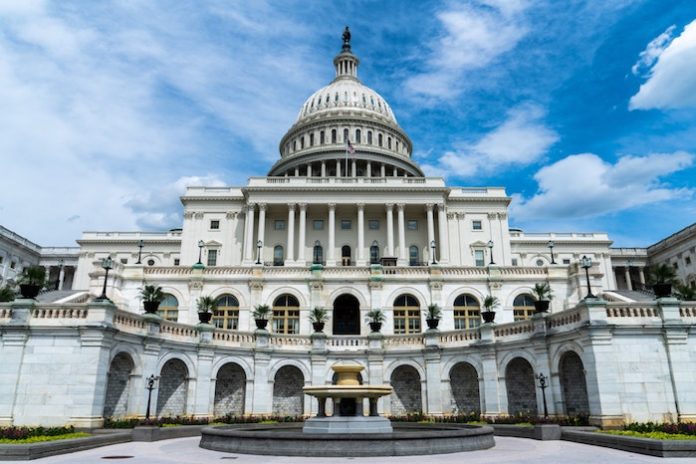U.S. Congress will again consider better banking laws for the country’s legal cannabis industry.
Banking remains a major issue for any business in this category. Because the U.S. government keeps cannabis as a Schedule I drug, and most banks are federally regulated, it is illegal for cannabis businesses to use banks. That means they must keep on hand and transport great volumes of cash, which creates a huge threat of theft, to say nothing of the overall nuisance.
Federally legalized banking for cannabis businesses would solve this issue. That’s why a bipartisan group of U.S. Senators have again proposed The Secure and Fair Enforcement (SAFE) Banking Act.
Introduced in the Senate last week by Sens. Jeff Merkley (D-OR) and Cory Gardner (R-CO), the legislation has 20 cosponsors. With similar bipartisan support, the bill was introduced last month in the House.
The proposed law would protect banks and other financial institutions from prosecution, and ease restrictions, for providing services to cannabis businesses that are in compliance with state laws.
“Forcing legal businesses to operate in all-cash is dangerous for our communities,” says Sen. Merkley. “It’s absurd that cannabis business owners in Oregon have to shuttle around gym bags full of cash to take care of their taxes or pay their employees. Operating in cash is an invitation to robbery, money laundering, and organized crime. This is a public safety issue, and I hope that this will be the Congress when we build a bipartisan consensus to put this common-sense fix into law.”
The House companion bill, H.R. 1595, was introduced by Reps. Ed Perlmutter (D-CO), Denny Heck (D-WA), Steve Stivers (R-OH) and Warren Davidson (R-OH). The bill was approved with bipartisan support in the House Financial Services Committee in March and currently has 158 cosponsors.
The SAFE Banking Act would prevent federal banking regulators from sanctioning banks for working with cannabis related businesses that are obeying state laws or halting their services, taking action on loans made to those businesses, or limiting a depository institution’s access to the Deposit Insurance Fund.
The bill would also protect ancillary businesses that work with the cannabis industry from being charged with money laundering and other financial crimes, and requires the Financial Institution Examination Council to develop guidance to help credit unions and banks understand how to lawfully serve cannabis businesses.
“Lack of access to financial services is creating public safety problems for the rapidly growing legal cannabis industry, as well as interfering with transparency and access to capital for small businesses,” says Aaron Smith, executive director of the National Cannabis Industry Association. “The Senate now has the opportunity to keep up the momentum that the SAFE Banking Act has in the House and address this important issue.”










